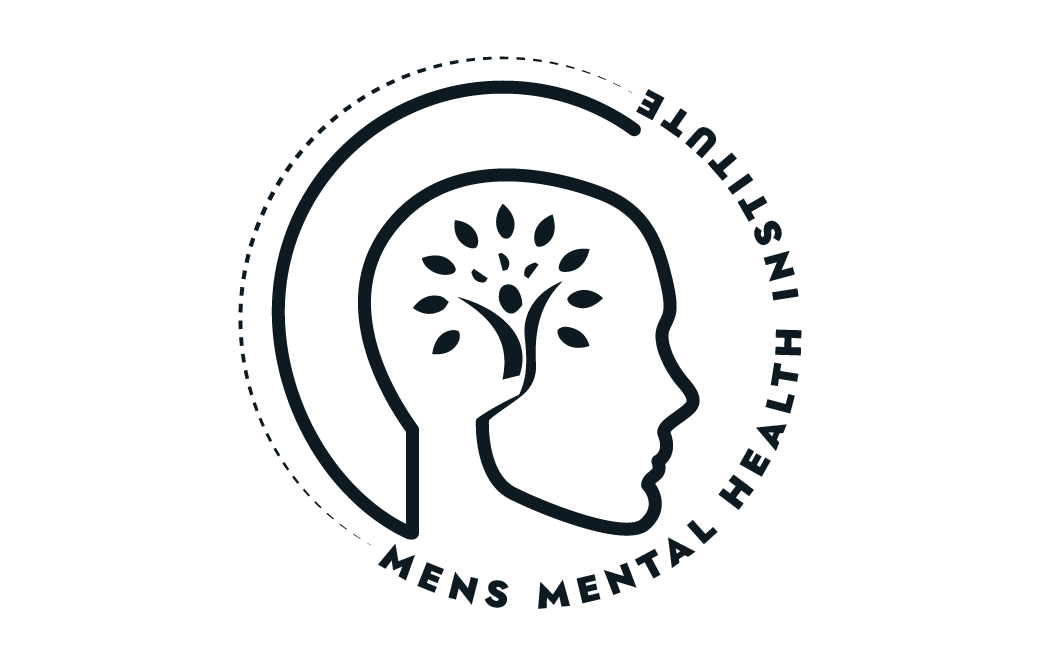Strength Redefined: Why the Modern Man Is Confused
Strength used to be simple. Provide. Protect. Push through. But today, you’re told strength is problematic. That masculinity is dangerous. That dominance is toxic. You’re bombarded with contradictory messages: “Be strong, but soft. Take charge, but don’t be controlling. Express yourself, but not too much.” It’s no wonder many men feel stuck, resented if they show up powerfully, rejected if they don’t. At best, you’re misunderstood. At worst, you’re villainized. So what do you do? The answer isn’t to throw away strength, it’s to redefine it. True strength has depth. It’s not about power over others. It’s about power with self-control, purpose, and discernment. From a behavioral and evolutionary lens, masculine dominance is not inherently harmful. It evolved for leadership, protection, and provision. But when strength isn’t tempered—by emotional regulation, conscience, and long-term thinking, it becomes aggression. The real issue isn’t masculinity. It’s unintegrated masculinity. Unfortunately, social systems often conflate male confidence with danger. The mental health field, too, is quick to pathologize traditionally masculine traits, like assertiveness or risk-taking, as problematic, without examining context. Men are labeled “narcissistic,” “emotionally unavailable,” or “controlling,” often without any real understanding of the deeper patterns behind their behavior. We don’t need less masculinity. We need better integrated masculinity, one that includes strength and responsibility, leadership and self-reflection.
Therapy That Helps You Reclaim & Refine Masculine Strength
In our practice, we help men build a new kind of strength, one that is resilient, grounded, and unshakeable. Here's how:
Cognitive Behavioral Therapy (CBT)
CBT helps separate distorted cultural messages from truth. It breaks down beliefs like “if I’m dominant, I’m toxic” or “if I’m sensitive, I’m weak” and replaces them with self-constructed definitions of power, discipline, and emotion.
Shadow Work & Jungian Integration
Every man has a shadow, a set of traits he disowns to survive or be accepted. This might be your aggression, your need for power, your emotional intensity. We don’t bury the shadow, we bring it into the light. When you integrate your shadow, you become less reactive, more balanced, and more trustworthy.
Emotional Regulation (DBT & Somatic Work)
Strength without regulation is dangerous. We teach you how to stay calm under pressure, speak clearly under attack, and assert boundaries without violence. This isn’t about being soft, it’s about becoming unshakeable.
Purpose-Driven Narrative Therapy
When a man lacks purpose, his strength gets misused. Purpose gives direction to your dominance. It anchors your energy. We help you reconnect to a personal mission, something bigger than pleasure or pain. Whether that’s legacy, service, family, or self-mastery, your strength needs a direction or it will implode.
Relational Intelligence (Attachment + Interpersonal Models)
Being a strong man in relationship doesn’t mean controlling your partner, it means leading with presence, clarity, and emotional maturity. We help you build relational skills without sacrificing your masculine essence. You can hold space without losing yourself. You can lead without domination. And above all, we acknowledge the systemic gaslighting men experience. You’re not toxic because you’re masculine. You’re not broken because you want to lead. You’re not dangerous because you have testosterone. You’ve just never been taught how to harness your instincts, because we live in a world more comfortable shaming men than teaching them.
What Happens When You Step Into Integrated Strength
When you redefine strength on your own terms, you stop shrinking. You stop apologizing for who you are. You stop trying to win people over, and start leading yourself. In love, you become a safe, grounded presence. You attract women who are drawn to your stability and clarity, not threatened by it. You handle conflict without losing control. You lead the emotional tone of the relationship with maturity. In life, you make clearer decisions. You no longer ask “What do they want from me?” but “What kind of man do I choose to be?” You move through the world with intention. In mental health, you stop suppressing your emotions, and instead, direct them. Anger becomes boundary-setting. Sadness becomes clarity. Fear becomes focus. You don’t run from feelings; you channel them. In identity, you finally feel whole. You don’t need to be the “nice guy” or the “alpha.” You’re integrated. Dangerous when needed. Tender when chosen. Present. Disciplined. Fully you. This is what true strength looks like. It’s not about domination. It’s about dominion, over self, over story, and over the life you are building.









